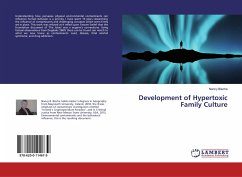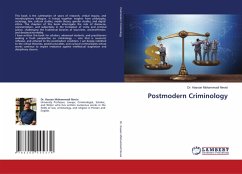
How to get away with murder
Bentham's and Mill's Utilitarianism Jurisprudence
Versandkostenfrei!
Versandfertig in 6-10 Tagen
53,99 €
inkl. MwSt.

PAYBACK Punkte
27 °P sammeln!
This book, with its enigmatic title and weighty subject matter, beckons us to embark on a voyage of philosophical exploration that transcends the limits of conventional moral discourse. At its core, it poses a question that resonates with the very essence of our existence: Can we, as rational beings, reconcile the unfathomable act of taking a life with the pursuit of the greatest good for the greatest number?Bentham and Mill, two luminaries of philosophical thought, stand as our guides on this intellectual odyssey. Their utilitarianism, a moral framework rooted in the calculus of consequences ...
This book, with its enigmatic title and weighty subject matter, beckons us to embark on a voyage of philosophical exploration that transcends the limits of conventional moral discourse. At its core, it poses a question that resonates with the very essence of our existence: Can we, as rational beings, reconcile the unfathomable act of taking a life with the pursuit of the greatest good for the greatest number?Bentham and Mill, two luminaries of philosophical thought, stand as our guides on this intellectual odyssey. Their utilitarianism, a moral framework rooted in the calculus of consequences and the quest for human happiness, serves as both a beacon and a tempest in our journey. Within their theories, we encounter a moral calculus that quantifies the unquantifiable, that dares to weigh the worth of a life against the happiness of many.Yet, as we delve deeper into the pages of Lubogo's work, we find ourselves confronted with profound ethical quandaries. Can we truly reduce the moral enormity of murder to a mere calculation of pleasure and pain? Is it conceivable that a framework designed to maximize the common good can ever condone the taking of an innocent life?












